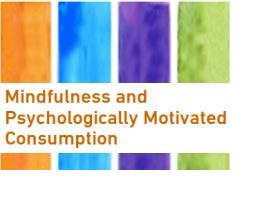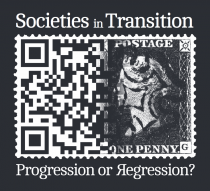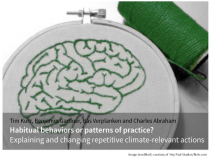- About
- Team
- Projects
- Children and the Environment
- ELiCiT (Exploring lifestyle changes in transition)
- Foundations for Sustainable Living
- HABITs
- Mapping Rebound Effects
- PASSAGE (Prosperity and Sustainability in the Green Economy)
- Policy Dialogue
- Price Responsiveness of Demand in Energy
- Resilience and Sustainable Lifestyles
- Sustainability Transitions in Food Systems
- Sustainable Living in Remote Rural Scotland
- Publications
- News
- Events
Mindfulness and Psychologically Motivated Consumption
Where:
University of Surrey
When:
Jan 23 2013 - 13:00
Seminar, 23 January 2013
Alison Armstrong
What Role Could Mindfulness Play in Reducing Psychologically Motivated Consumption?
 We must consume to live. However, the consumption of goods and resources in developed countries is so considerable that it is associated with low psychological wellbeing, and is a contributor to several social and ecological problems. The psychological motivators that sustain such consumption may relate to attempts to resolve affect or identity difficulties, whereby consumer activities and goods offer emotional or symbolic functions. These tendencies are especially visible in the compulsive buyer.
We must consume to live. However, the consumption of goods and resources in developed countries is so considerable that it is associated with low psychological wellbeing, and is a contributor to several social and ecological problems. The psychological motivators that sustain such consumption may relate to attempts to resolve affect or identity difficulties, whereby consumer activities and goods offer emotional or symbolic functions. These tendencies are especially visible in the compulsive buyer.
This seminar presents research around the concept of mindfulness as a distinctive way of thinking and being: non-judgementally aware of the present moment. The results from a longitudinal mixed methods intervention study are presented where compulsive buyers learned mindfulness. The results offer compelling evidence for mindfulness enabling an improvement in wellbeing and reduced reliance on consumption behaviour or goods to fulfil affective or symbolic needs. This has implications for individual, social and ecological health.
For information on Present Minds, Dr. Armstrong's mindfulness teaching and research service, visit here.













